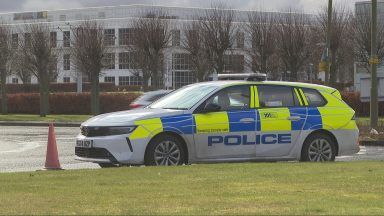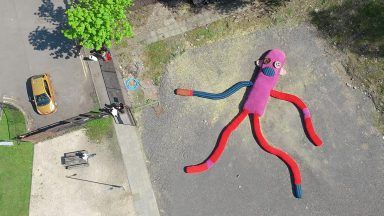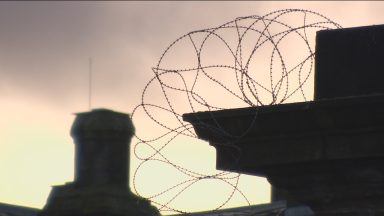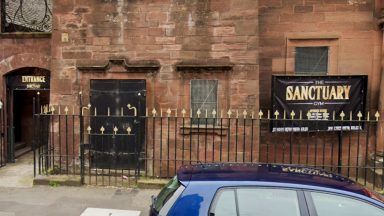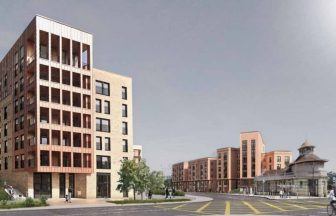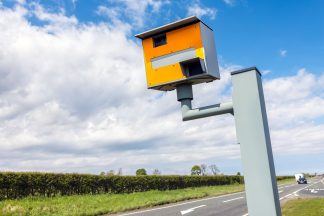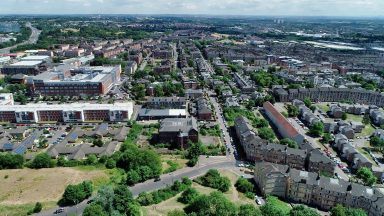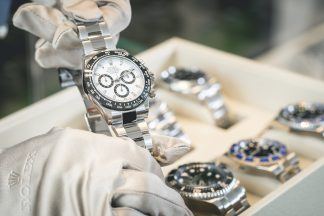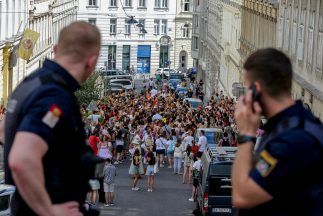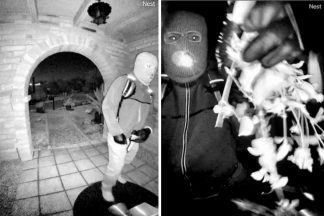Support for Britain’s nuclear deterrent has returned to levels last seen during the Cold War, a survey of public opinion has found.
Almost two-thirds of people told the latest edition of the British Social Attitudes (BSA) survey that having its own nuclear weapons made Britain a safer place to live.
This was more than the 60% that said the same thing in 1983, when the election of Ronald Reagan and Margaret Thatcher saw tensions with the Soviet Union reach heights not seen since the Cuban Missile Crisis two decades earlier.
By 1994, three years after the end of the Cold War, just 45% of people said Britain’s nuclear weapons made the country safer, while 37% said the opposite.
But in the most recent BSA survey, published on Thursday, 65% told the National Centre for Social Research that nuclear weapons made Britain safer.
The figures come against the background of the invasion of Ukraine and renewed geopolitical tensions with Russia and China, both nuclear-armed powers.
However, the BSA survey suggested reduced concern about nuclear power stations could also have played a role in calming worries about nuclear weapons, with those who think civil nuclear power poses a risk are more likely to say nuclear weapons make Britain less safe.
Labour supporters were also more likely to say nuclear weapons made Britain less safe, with 33% expressing that view, but 60% of the party’s backers said they made the country safer.
Conservative supporters were more united on nuclear questions, with 87% saying Britain is safer for having its own nuclear deterrent.
Support for unilateral nuclear disarmament has decreased since the end of the Cold War, with 23% backing the policy now compared to 28% in 1990.
Over the same period, support for multilateral disarmament fell from 69% to 56%.
On defence more broadly, 42% said they would like to see more spending on the military compared to 18% saying they would like to see less.
This was a reversal of the position during the 1980s and 1990s when the public backed reductions in defence spending.
In 1990, almost half the public supported defence cuts, while just 8% wanted increases.
Follow STV News on WhatsApp
Scan the QR code on your mobile device for all the latest news from around the country


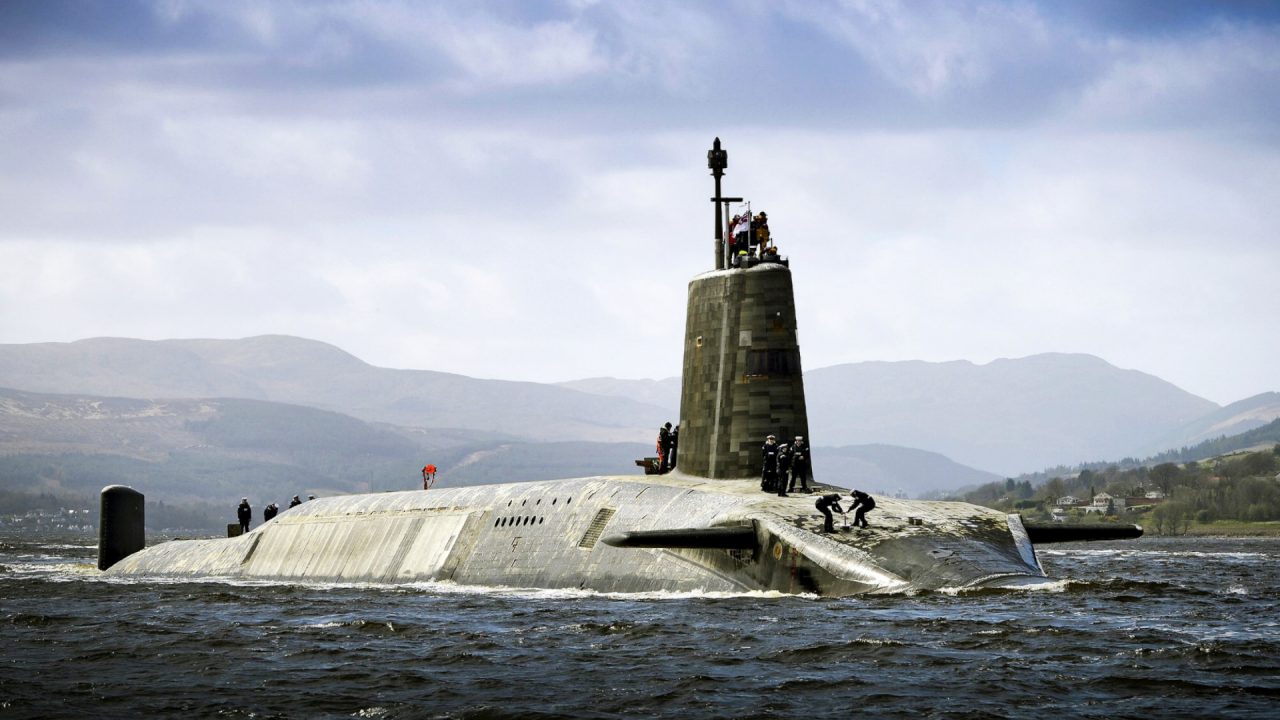 MoD
MoD




